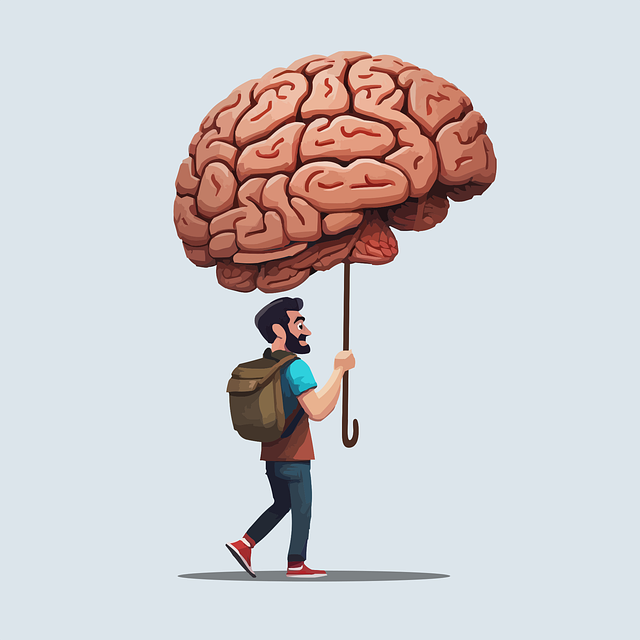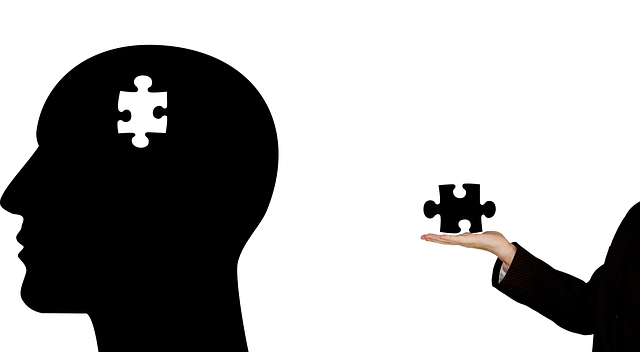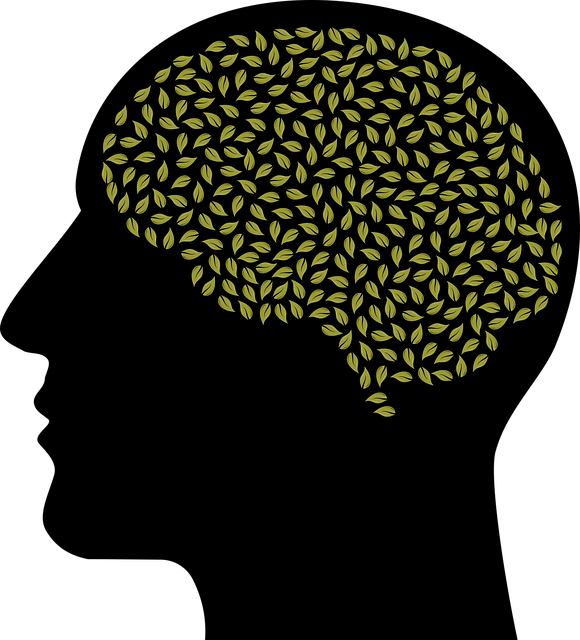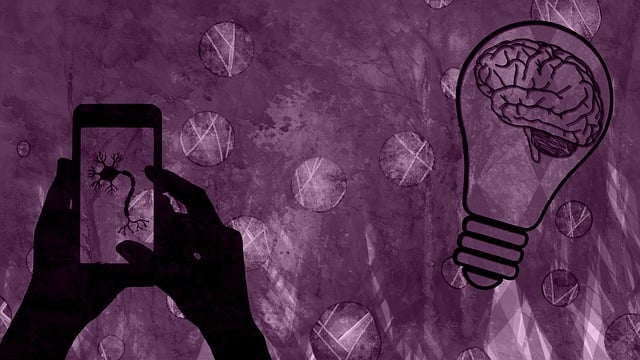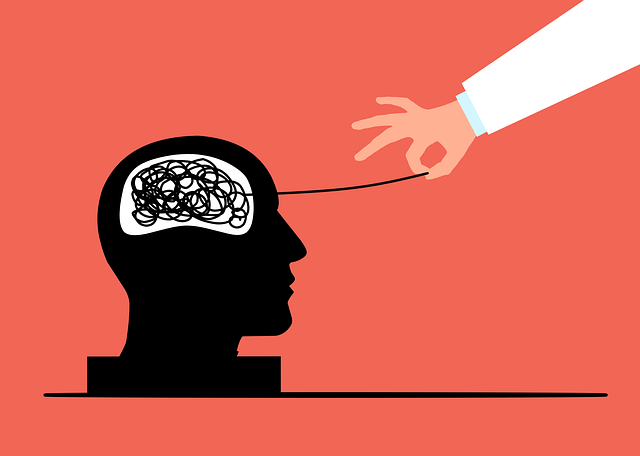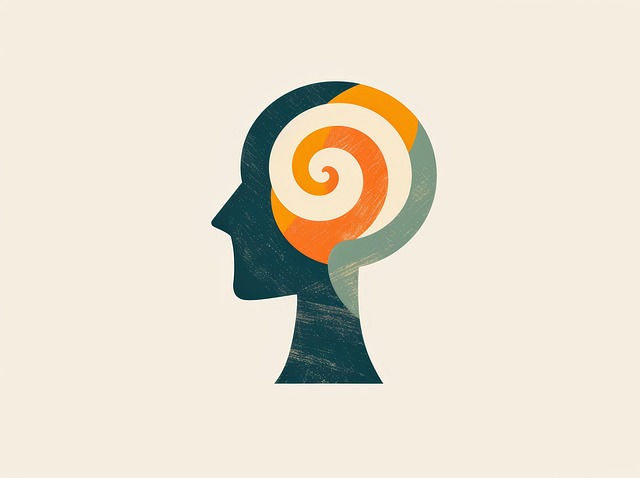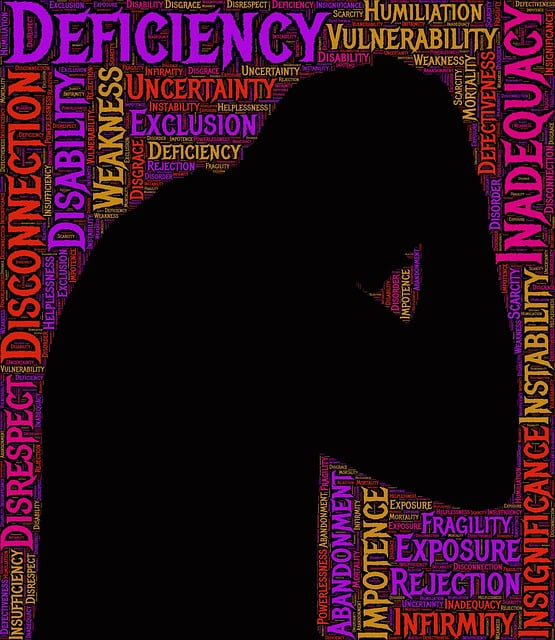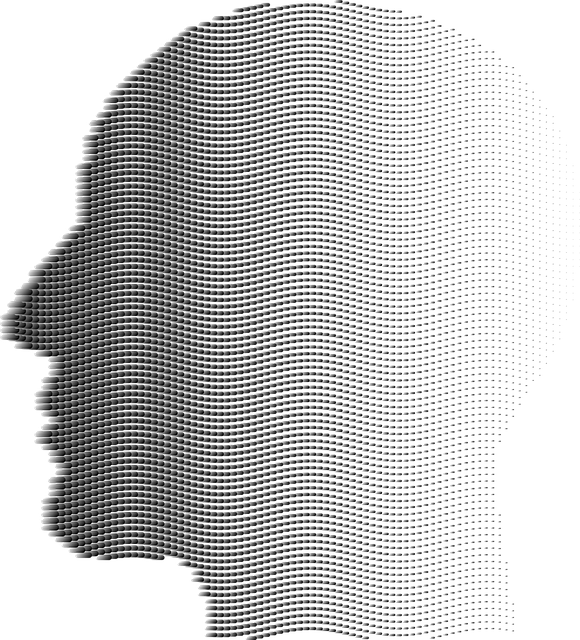Understanding Mental Health Data in young adults with neuro disorders leverages diverse sources like clinical settings and online platforms to analyze trends, symptoms, and severity, enabling tailored therapy programs. Advanced analytics let professionals create personalized treatment plans based on individual responses, improving outcomes. Ethical guidelines and data privacy are crucial while integrating AI/ML for data-driven care. Success is measured using traditional metrics, including self-report questionnaires and behavioral observations, tracking progress in emotional regulation, intelligence, and overall functioning.
Mental health data analysis is transforming therapy for young adults with neuro disorders. This article explores the evolving landscape of understanding, collecting, and interpreting mental health data, highlighting its potential in personalized treatment plans. We delve into the role of innovative techniques like AI and machine learning, addressing common challenges such as bias and privacy concerns. By examining successful outcomes, this comprehensive guide illuminates how data-driven therapy is revolutionizing care for young adults navigating neurodisorders.
- Understanding Mental Health Data: Collection and Sources for Young Adults with Neuro Disorders
- The Role of Data Analysis in Therapy: Unlocking Insights and Personalized Treatment Plans
- Common Challenges in Interpreting Mental Health Data: Bias, Privacy, and Ethical Considerations
- Innovative Techniques for Data-Driven Therapy: AI, Machine Learning, and Their Impact on Neurodisorder Management
- Measuring Success and Outcomes: Evaluating the Effectiveness of Therapy Programs for Young Adults with Neuro Disorders
Understanding Mental Health Data: Collection and Sources for Young Adults with Neuro Disorders

Understanding Mental Health Data: Collection and Sources for Young Adults with Neuro Disorders
The journey into mental health data analysis begins with recognition of diverse sources, particularly those pertaining to young adults grappling with neuro disorders. These include clinical settings where specialized therapists provide therapy for young adults neuro disorders, offering insights through structured assessments, case notes, and treatment plans. Online platforms, increasingly popular for their accessibility, also serve as valuable repositories of self-reported data on mental health, coping skills development, and even burnout prevention strategies for healthcare providers—all crucial elements in the quest to analyze trends and tailor interventions.
Through these sources, researchers can mine rich information on symptoms, severity, and treatment responses, enabling a comprehensive understanding of mental health landscapes among this demographic. This knowledge is pivotal for developing effective therapy programs aimed at enhancing self-esteem improvement and fostering coping skills in young adults with neuro disorders.
The Role of Data Analysis in Therapy: Unlocking Insights and Personalized Treatment Plans

In today’s digital era, data analysis plays a pivotal role in transforming therapy practices, especially when tailored to young adults grappling with neuro disorders. By delving into vast datasets, mental health professionals can uncover profound insights that were previously obscured. This process enables them to create personalized treatment plans, enhancing the effectiveness of therapy. Through advanced analytics, therapists gain valuable knowledge about individual patient responses, allowing for more precise interventions and improved outcomes.
For instance, data analysis can highlight specific patterns in a young adult’s mental health journey, such as triggers for anxiety or unique responses to certain therapeutic techniques. This information is instrumental in tailoring sessions focused on resilience building and trauma support services. Moreover, risk management planning for mental health professionals benefits immensely from these insights, ensuring they are equipped to handle diverse patient needs effectively.
Common Challenges in Interpreting Mental Health Data: Bias, Privacy, and Ethical Considerations

Interpreting mental health data presents a complex landscape filled with challenges that can impact the accuracy and effectiveness of treatment strategies. One of the primary hurdles is addressing inherent biases within the data itself. Preexisting disparities in healthcare access, socio-economic factors, and cultural norms can contribute to skewed results, particularly when analyzing conditions like neuro disorders among young adults. These biases may lead professionals astray, hindering their ability to provide tailored therapy for this demographic.
Privacy concerns also play a pivotal role, as mental health data is highly sensitive. Protecting patient confidentiality while ensuring data accessibility for research and informed decision-making is an ethical conundrum. Moreover, the interpretation process demands careful consideration of privacy regulations, such as those pertaining to young adults seeking therapy. Ethical guidelines, including the responsible use of risk assessment tools and trauma support services, must be rigorously followed to maintain trust and uphold the dignity of individuals navigating mental health challenges.
Innovative Techniques for Data-Driven Therapy: AI, Machine Learning, and Their Impact on Neurodisorder Management

The integration of Artificial Intelligence (AI) and Machine Learning (ML) into therapy practices has ushered in a new era for managing neurodisorders, particularly among young adults. These innovative techniques enable data-driven approaches to treatment, offering personalized care based on individual patient profiles. By analyzing vast datasets, AI algorithms can identify patterns and trends, predicting outcomes and tailoring interventions accordingly. For example, ML models can process medical records, brain imaging data, and behavioral assessments to develop comprehensive treatment plans for conditions like depression or anxiety disorders.
The impact of these technologies extends beyond personalized therapy. Public awareness campaigns can benefit from AI-driven analytics to reach a broader audience with targeted messages, promoting mental health support. Additionally, mindfulness meditation apps leveraging ML algorithms can adapt to users’ needs, enhancing their effectiveness. Even conflict resolution techniques within therapeutic settings could be optimized through AI, fostering better outcomes for young adults navigating neurodisorders in their daily lives.
Measuring Success and Outcomes: Evaluating the Effectiveness of Therapy Programs for Young Adults with Neuro Disorders

Measuring success and outcomes is a critical aspect of evaluating the effectiveness of therapy programs for young adults with neuro disorders. Traditional metrics such as self-report questionnaires, clinical assessments, and behavioral observations provide quantitative and qualitative data that help gauge progress. These tools measure various aspects of mental health, including emotional regulation, emotional intelligence, and overall functioning. By analyzing changes in these areas over time, therapists and researchers can assess the impact of specific interventions.
For instance, programs focused on cognitive-behavioral therapy (CBT) for anxiety disorders in young adults with autism spectrum disorder (ASD) may track improvements in emotional awareness, coping strategies, and social interaction skills. Such data not only helps in understanding the program’s effectiveness but also guides future adjustments to enhance outcomes. Mental health awareness and emotional intelligence are key indicators that contribute to the overall success of these programs, ensuring young adults with neuro disorders receive the support they need for a better quality of life.
Mental health data analysis has emerged as a powerful tool in understanding and treating neurodisorders among young adults. By leveraging various sources of data, therapists can gain valuable insights into individual experiences and tailor therapy programs accordingly. While challenges such as bias and privacy concerns must be addressed, innovative techniques like AI and machine learning offer promising avenues for personalized care. Effective evaluation of therapy outcomes ensures the success and continuous improvement of these programs, ultimately enhancing the well-being of young adults navigating neurodisorders.
